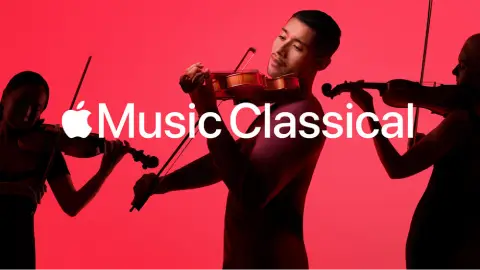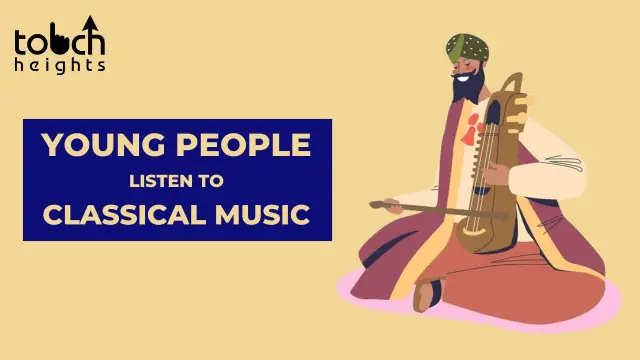Some pupils prefer complete stillness when studying, while others are inspired by sounds in their ears. The classical repertoire is the favored genre for young children working on their lesson, even though several scientific studies have established a connection between listening to music and attention.

The statistics are conclusive: According to a recent study by the Royal Philharmonic Orchestra (RPO), which was carried out via the Classic FM website, 75% of British students claim to listen to classical music while studying.
Symphonies and concertos are particularly well-liked, while film soundtracks are the most popular genre: In a poll of young people, 44% stated they use “soundtracks” to help them concentrate in class.
To give themselves a small push while studying, a third of them also listen to video game music.
According to the poll, today’s youth are far more receptive to classical music than those in earlier generations. For instance, only 68% of students who took tests for their high school diplomas in the 1980s listened to such music while studying.

According to RPO executive director James Williams, this change in young people’s attitudes towards classical music might be attributed to the genre’s increased popularity among music lovers as a result of the epidemic.
A 2020 RPO poll revealed that listening to classical music helped people unwind and maintain their spirits.
“Throughout the lockdown, we saw that young people, in particular, listened to classical music for relaxation, enjoyment, and well-being. Williams told Classic FM that listening to music may help individuals get through tough times and forge enduring bonds.
The popularity of classical music has helped specialty radio stations as well as more mainstream or niche music streaming services.

With this in mind, Apple Music released a classical music-specific app at the end of March to set itself apart from its rivals and gain control of a mostly untapped market for recorded music.
But is classical music more suited to intellectual labor in general and to academic review than other types of music? Music lovers and scientists both have differing opinions on the matter, with the former arguing that music improves focus and eases worry or tension.
Music that is peaceful, neutral, and ideally wordless tends to work better for that aim.
The advantages of listening to music at work also rely on personal preferences. For instance, due to their competence in this field, musicians may become distracted by classical compositions.
In general, it’s best to use music with a slow tempo and no lyrics to concentrate cognitive activities and stimulate the brain.

Also welcomed at Scala will be Jack Pepper, the nation’s youngest composer to get a commission. “Classical music is surrounded by the perception that it is unimportant, sterile, and inaccessible,” the 19-year-old remarked. Many people are unaware that classical music has a genuine modern story that appeals to listeners on a deep level.
Pepper argued that even the masters of the classical repertory still had something to say, pointing out the appeal of the scores for popular video games, primetime TV dramas, and films that “make your heart race.” Even the most accomplished classical artists have extraordinary, captivating, humorous, and even heartbreaking life experiences. A classical composer is a typical human, experiencing the same highs and lows as the rest of us.
Following recent survey findings emphasizing the usage of art galleries and museums by young people as havens and data revealed this week showing surging sales of poetry among younger readers, classical music is growing in popularity among young people.







